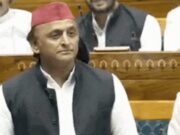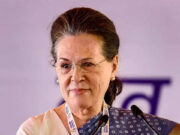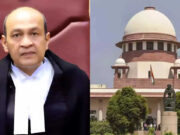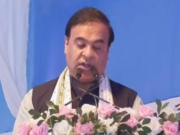International sanctions imposed over its nuclear weapons program may have hindered North Korea’s attempts to secure AI hardware, but it appears to be pursuing the latest technology, wrote study author Hyuk Kim of the James Martin Center for Nonproliferation Studies (CNS) in California.
Elevate Your Tech Prowess with High-Value Skill Courses
| Offering College | Course | Website |
|---|---|---|
| IIM Kozhikode | IIMK Advanced Data Science For Managers | Visit |
| IIM Kozhikode | IIMK Senior Management Programme | Visit |
| IIM Lucknow | IIML Executive Programme in FinTech, Banking & Applied Risk Management | Visit |
“North Korea’s recent endeavours in AI/ML development signify a strategic investment to bolster its digital economy,” Kim wrote in the report, which cited open-source information including state media and journals and was published on Tuesday by the 38 North project.
Some of North Korea’s AI researchers have collaborated with foreign scholars, including in China, the report found.
North Korea established the Artificial Intelligence Research Institute in 2013 and in recent years several companies have promoted commercial products featuring AI, the report said.
Communications technology is heavily restricted and monitored in the authoritarian North.
Discover the stories of your interest
During the COVID-19 pandemic North Korea used AI to create a model for evaluating proper mask usage and prioritising clinical symptom indicators of infection, Kim said in the report. North Korean scientists have also published research into using AI for maintaining the safety of nuclear reactors, the report added.
The U.N. nuclear watchdog and independent experts said last month that a new reactor at North Korea’s Yongbyon nuclear complex appears to be operating for the first time, which would mean another potential source of plutonium for nuclear weapons.
The AI development presents many challenges, Kim wrote.
“For instance, North Korea’s pursuit of a wargaming simulation program using (machine learning) reveals intentions to better comprehend operational environments against potential adversaries,” he wrote.
“Furthermore, North Korea’s ongoing collaborations with foreign scholars pose concerns for the sanctions regime.”





































